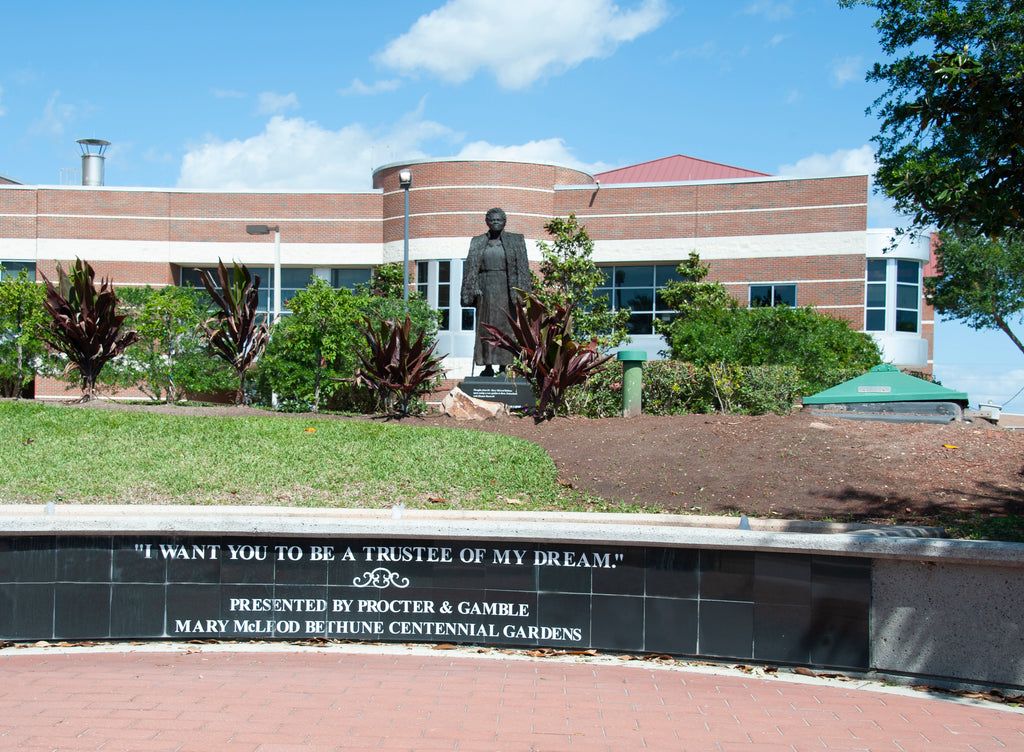
Mary Mcleod Bethune - a Historical Hero
I would be remised if I did not honor one of my historical heros during Women's History Month. Dr. Mary McLeod Bethune was a straight up bad @$$ who tore down barriers in policy, advocacy, civil rights, education and most importantly, women's rights. As we celebrate Women’s History Month, it’s essential to highlight the remarkable contributions of Mary McLeod Bethune, a trailblazing figure whose legacy continues to inspire generations. Bethune’s life story is one of resilience, determination, and unwavering commitment to advancing the rights and opportunities for all.
Born in 1875 to former slaves in South Carolina, Bethune’s early years were marked by poverty and hardship. Despite facing significant obstacles, she pursued education with determination, attending Scotia Seminary (now Barber-Scotia College) and later Moody Bible Institute. Bethune’s thirst for knowledge and her belief in the transformative power of education became the cornerstone of her life’s work.
Bethune’s leadership skills emerged early on as she became a teacher, and later, the founder of the Daytona Normal and Industrial Institute for Negro Girls in Florida in 1904. This institution, which eventually merged with Cookman Institute to become Bethune-Cookman College, provided African American girls with opportunities for education and skill development at a time when such opportunities were scarce.
Throughout her career, Bethune demonstrated exceptional leadership qualities, including vision, courage, and the ability to mobilize others towards a common goal. She was a tireless advocate for civil rights, women’s rights, and education, and her influence extended far beyond the walls of her school. Bethune’s commitment to social justice led her to become an advisor to several U.S. presidents, including Franklin D. Roosevelt, whom she advised on issues concerning African Americans. She led the Black Cabinet where she was the first Black woman to direct a federal program where she was influential in the crafting the New Deal, anit-lynching bill, the desegregation of the armed forces, reverse segregation in the federal workforce for both men and women, housing and urban development.

One of Bethune’s most enduring legacies is her role as the founder of the National Council of Negro Women (NCNW) in 1935. Through the NCNW, Bethune empowered African American women to become agents of change in their communities, advocating for racial and gender equality, economic justice, and access to education and healthcare.
Bethune’s leadership and activism left an indelible mark on American society, paving the way for future generations of women and minorities to pursue their dreams and aspirations. Her unwavering commitment to social justice and equality serves as a timeless reminder of the power of one individual to effect positive change in the world.
As we honor Mary McLeod Bethune during Women’s History Month, let us draw inspiration from her example and strive to emulate her leadership, courage, and dedication to creating a more just and equitable society for all. May her legacy continue to inspire us to work towards a future where every person, regardless of race or gender, has the opportunity to thrive and succeed.


